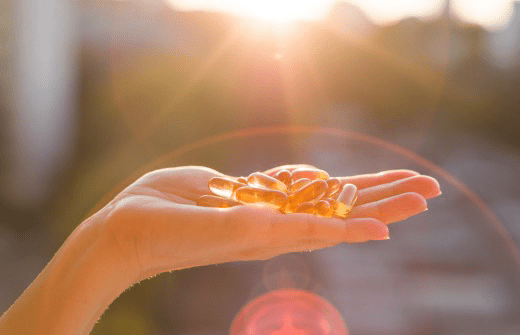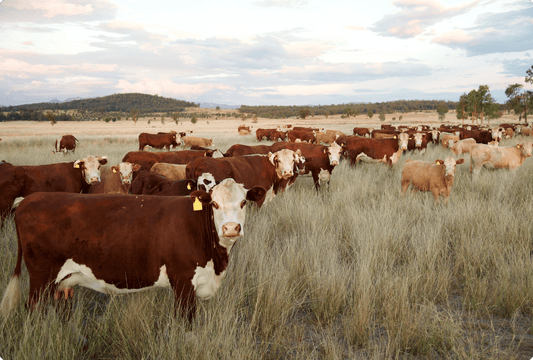The remarkable vitality of the Japanese population has long puzzled researchers. Their notably low incidence of cardiovascular diseases and remarkable bone strength, even among the elderly, have been linked to their consumption of a traditional national dish known as Natto. This soybean superfood, a staple in the Japanese diet, is prepared by steaming or cooking soybeans, followed by fermentation using the bacterium Bacillus subtilis natto.
Article At a Glanc:
- Natto: Unraveling Its Health Mystique and Vitamin K2 Potency
- Complex Pathways of Vitamin K2 Production in the Human Body
- Opting for Pasture-Raised Animal products ensures vitamin K2 intake
- Can We Meet the Daily Recommended Intake Through Diet Alone?
Natto: Unraveling Its Health Mystique and Vitamin K2 Potency
Natto, often enjoyed at breakfast, owes its popularity not only to its nutritional value and health benefits but also to its ease of digestion, as the fermentation process breaks down soybean proteins.
But what sets Natto apart in the prevention of heart, blood vessel, and bone diseases? It's the richest source of vitamin K2 available, containing up to 90% of the most biologically usable form, K2 MK-7.
A 100-gram serving boasts approximately 108 micrograms of vitamin K2, more than twice the recommended intake. It's widely considered the most reliable source of vitamin K2, offering up to 1000µg in a single serving (though the exact daily recommended dose for K2 is yet to be precisely determined, with estimates ranging between 80 - 200µg).
Natto's distinctive sticky-stringy texture and potent aroma may not appeal to everyone's palate, but its health benefits are undeniable.
While other dietary sources of K2 exist, such as organ meats, dairy products, egg yolks, and small amounts in fermented foods like pickles or sauerkraut, the dependency on food intake remains a concern.
Complex Pathways of Vitamin K2 Production in the Human Body
The human body is a sophisticated and powerful chemical factory capable of producing many essential substances for life. Similar to animals, it has the ability to convert vitamin K1 from plant sources into vitamin K2. Vitamin K1 is stored in the membranes of plant chloroplasts and is present in various sources, primarily green vegetables such as broccoli, arugula, parsley, spinach, cabbage, and even kiwi. However, this conversion process in our bodies is not flawless, and the produced amount is often insufficient to meet daily requirements.
Additionally, a small quantity of vitamin K2 is synthesized by bacteria in our gut. Nonetheless, it remains unclear whether our microbiome can generate an adequate amount. Furthermore, factors such as antibiotic use, poor diet, and other influences can disrupt the balance of intestinal bacteria. This alteration in bacterial diversity may not only contribute to the onset of various diseases but also hinder their ability to function effectively.
Opting for Pasture-Raised Animal products ensures vitamin K2 intake
As mentioned, fermented foods like nattó or sauerkraut are excellent sources of vitamin K2. However, vitamin K2 also originates from animal products. It can be found in eggs (32µg per yolk), butter (15µg), milk, some cheeses (such as gouda - about 50µg), and meat (about 5µg - depending on the type of meat). These sources primarily contain the MK-4 form of vitamin K2.
Animals possess the capability to convert vitamin K1 to vitamin K2 in their gut, but only if they are pasture-raised. If they are fed genetically modified corn and soy, the gut bacteria cannot produce vitamin K2. Therefore, if you wish to obtain even a small amount of vitamin K2, opt for animal products sourced from farmers and organic farms. Meat and dairy products from farming practices aligned with ancient and traditional principles offer numerous benefits, including ecological sustainability, and often boast superior taste.
Can We Meet the Daily Recommended Intake Through Diet Alone?
Despite the importance of vitamin K2, The typical modern Western diet often fall short in providing adequate amounts. If you don't enjoy nattó nor consume eggs, meat, milk, and cheeses from grass-fed animals, you may be deficient in vitamin K2.
Meeting the recommended daily intake would require consuming approximately 3 egg yolks a day and 2 servings of butter, which isn't typical for everyone. Thankfully, there's no known toxicity associated with vitamin K2, allowing us to safely opt for a quality dietary supplement. This is especially important if you're also increasing your vitamin D3 intake, as these two nutrients work synergistically. Without both, their functions may not be adequately fulfilled.

















